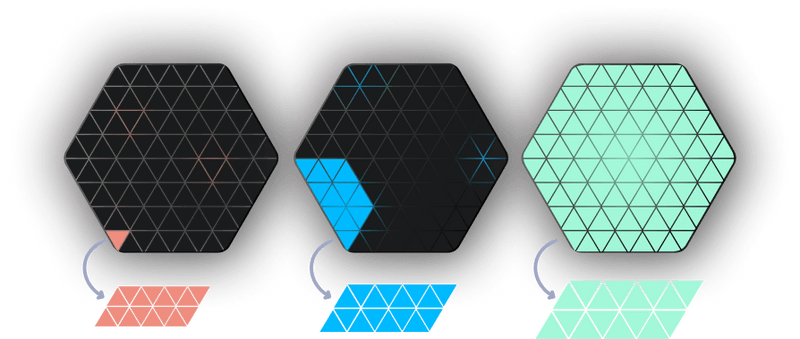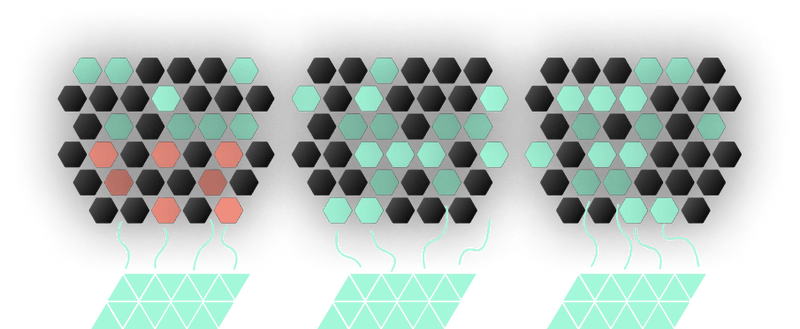The Blockchain
Network of the Future.
Available Today
Blockchains should not be difficult or expensive to use. SKALE is the first blockchain network
fully
optimized for Web3 user experience and security.








